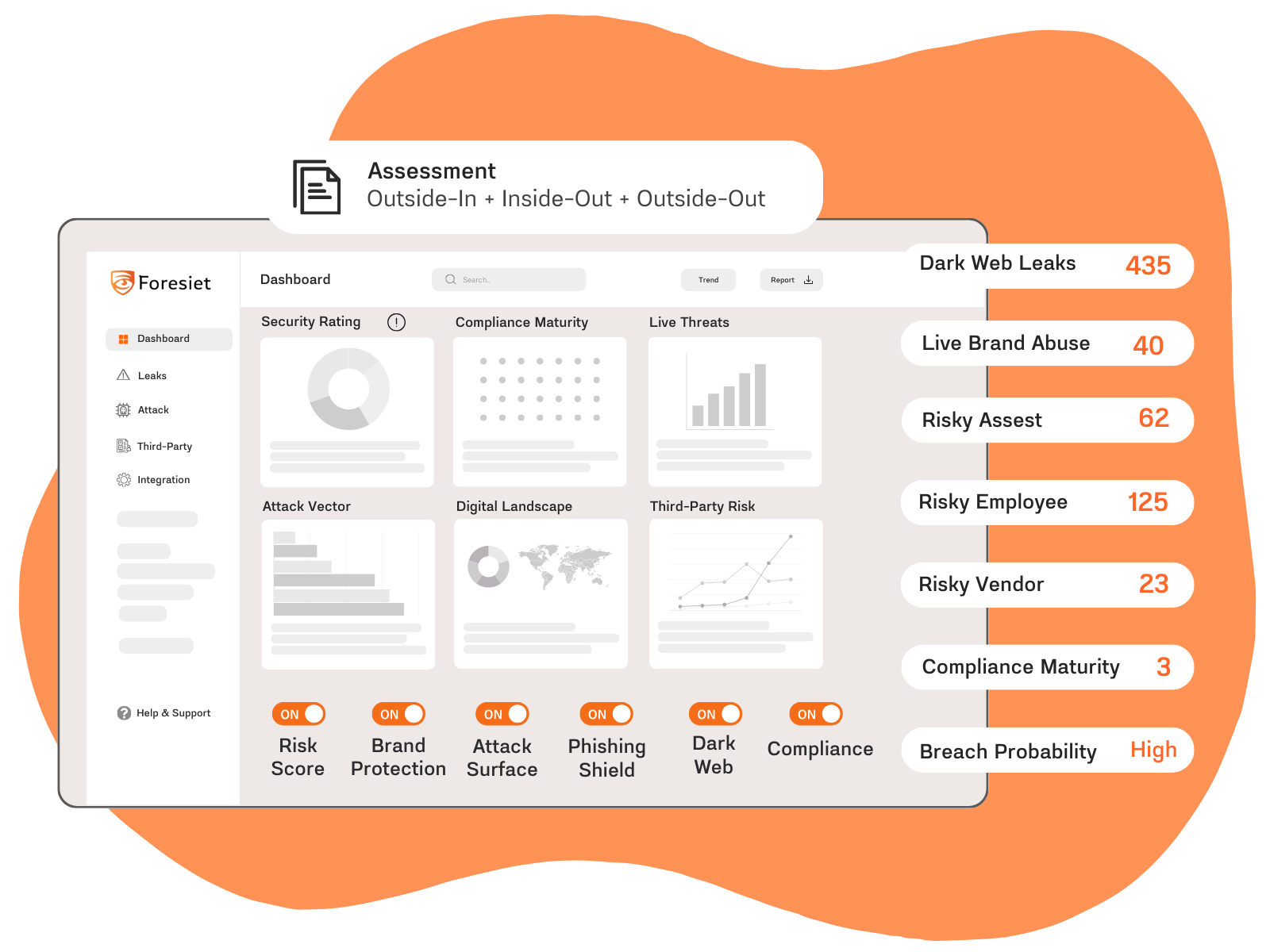GitLab Patches Critical SAML Authentication Flaw: Protect Your Systems from Exploitation

Introduction
In today's fast-paced digital landscape, security vulnerabilities are constant concerns for organizations that rely on cloud-based services and distributed systems. Recently, GitLab addressed a critical security flaw that affected both its Community Edition (CE) and Enterprise Edition (EE). This flaw, tracked as CVE-2024-45409, has been categorized as a critical vulnerability with a CVSS score of 10.0, the highest possible score, signifying its severity. This blog will delve into the nature of this vulnerability, how it was exploited, and the steps GitLab has taken to mitigate the risk.
Understanding the CVE-2024-45409 Vulnerability
The CVE-2024-45409 vulnerability was rooted in GitLab's use of the ruby-saml library, a crucial component responsible for handling SAML-based authentication. SAML, or Security Assertion Markup Language, is widely used for Single Sign-On (SSO), allowing users to authenticate once and gain access to multiple applications or services seamlessly.
The issue arose because the ruby-saml library did not adequately validate the SAML Response signature, which is essential for verifying the authenticity of the response from the Identity Provider (IdP). This gap in validation left room for exploitation. An attacker could obtain a signed SAML document from a legitimate IdP and manipulate the response or assertion to craft fake authentication data. This allowed the attacker to pose as a legitimate user without proper authentication, compromising the security of the GitLab instance.
Exploitation of the Vulnerability
Cybersecurity firm Trend Micro uncovered this flaw, which attackers actively exploited. A cyber threat group, using this vulnerability, was able to bypass authentication processes and gain unauthorized access to GitLab systems. Exploiting the SAML authentication flaw, the attackers could log in as any user they wanted, including administrative accounts.
This exploitation involved crafting a malicious SAML document that was accepted as valid by GitLab because the signature validation process within ruby-saml failed to verify its integrity adequately. The attackers would then gain unauthorized access to sensitive areas within the compromised GitLab instance, posing significant security risks for organizations that rely on GitLab for their CI/CD pipelines, code management, and project collaboration.
GitLab’s Patch and Security Recommendations
To address this vulnerability, GitLab released patches for both its Community and Enterprise editions, updating several versions to fix the underlying issue in the ruby-saml library. The updated versions include 17.3.3, 17.2.7, 17.1.8, 17.0.8, and 16.11.10. The patch upgrades omniauth-saml to version 2.2.1 and ruby-saml to version 1.17, which ensures that the SAML Response signature is validated correctly, thereby closing the loophole that allowed unauthorized access.
In addition to applying the patch, GitLab strongly encourages organizations using self-managed GitLab installations to implement two-factor authentication (2FA) across all accounts. GitLab also recommends disabling the SAML two-factor bypass feature to further strengthen security.
Indicators of Exploitation
Although GitLab did not explicitly confirm whether the vulnerability was exploited in the wild, the company did provide guidance on how organizations can detect attempted or successful exploitation. Successful exploitation attempts would trigger specific log events related to SAML, while failed attempts might generate errors like ValidationError from the RubySaml library.
GitLab’s advisory also highlights the importance of monitoring for suspicious log activity and performing regular audits of user access, especially for those who hold administrative privileges. With stolen credentials detection, dark web surveillance, and digital footprint analysis, organizations can stay ahead of potential attackers and take immediate action if any signs of exploitation are detected.
Importance of Continuous Vendor Risk Assessment
The discovery of this vulnerability further emphasizes the importance of continuous vendor risk assessment in an organization's overall security strategy. GitLab is widely used by Fortune 500 companies and is trusted for its enterprise-grade features. However, vulnerabilities such as this authentication bypass flaw serve as reminders that no system is immune to cyber threats.
Organizations should regularly assess the security of their third-party vendors, monitoring for any emerging vulnerabilities or security lapses. Implementing tools like compromised data tracking, brand protection, and online risk evaluation can help identify risks before they escalate into full-blown breaches.
Conclusion
The CVE-2024-45409 vulnerability in GitLab's SAML authentication system demonstrates the evolving complexity of cybersecurity threats and the importance of robust, multi-layered security protocols. By patching the flaw and taking proactive measures like enabling two-factor authentication and continuous monitoring, organizations can mitigate the risks posed by these types of vulnerabilities.
As cybersecurity threats grow more sophisticated, it’s crucial for organizations to remain vigilant and responsive. Whether through darknet monitoring services, digital threat scoring, or routine vendor assessments, a comprehensive security strategy is essential to safeguarding against potential breaches. With the right tools and precautions in place, businesses can protect their valuable data and maintain operational integrity even in the face of critical vulnerabilities like this one.
About Foresiet!
Foresiet is the pioneering force in digital security solutions, offering the first integrated Digital Risk Protection SaaS platform. With 24x7x365 dark web monitoring and proactive threat intelligence, Foresiet safeguards against data breaches and intellectual property theft. Our robust suite includes brand protection, takedown services, and supply chain assessment, enhancing your organization's defense mechanisms. Attack surface management is a key component of our approach, ensuring comprehensive protection across all vulnerable points. Compliance is assured through adherence to ISO27001, NIST, GDPR, PCI, SOX, HIPAA, SAMA, CITC, and Third Party regulations. Additionally, our advanced antiphishing shield provides unparalleled protection against malicious emails. Trust Foresiet to empower your organization to navigate the digital landscape securely and confidently.
Protect your brand, reputation, data, and systems with Foresiet's Integrated Digital Risk Platform. 24/7/365 threat monitoring for total peace of mind.


